You’re Pretty For A Black Girl: An Examination of Misogynoir at BC
Being a student of color at BC, it makes sense that my peers and faculty will come to me and other POC at the school when the subject of race arises. Usually, it’s in the context of some current event, speaker, or BC talk. Occasionally, though, it’ll be because something happened, which is now the case.
In terms of any issue, especially when it comes ignorance, it’s better to face it head on instead and openly speak about it instead of sweeping it under the rug in hopes that people will forget what happened. This is exactly what Berkeley Carroll did, or tried to do.
At a recent Senior Speakers, a student made a joke about black women’s hair. He said, “…Whatever black magic they do to attach their hair to someone else’s hair,” and he then put on a wig.
The very next day, a couple of teachers made an announcement acknowledging that some people were offended by the speech and read a poem about uplifting black women and their hair. For many, the announcement was confusing. Most people didn’t know what the teachers were talking about, and if they did, they didn’t understand how it was racist if the student who made the speech was black. Even though the response to the offensive statements was quick, it failed to actually recognize why the comments were hurtful and explain the reason why the student’s statement was offensive.
When actually speaking to the student, he apologized for offending anyone, but he maintained that he had no regrets about it. He did not aim to hurt people or upset them, and when speaking to other people, he said that he got mostly positive feedback. Looking back, he’s proud of his speech and thought it was funny.
Being a young black woman, I’m pretty much accustomed to the stupid jokes and occasional taunts, so what happened didn’t ruin my day. However, the main part of the speech that didn’t rest well with me was that all of Sterling Place was in absolute hysterics when he started talking about black girls’ hair—except for the black women, which said a lot to me about how Berkeley Carroll contributes to this culture of disrespecting black women, a culture which is further enforced when other black people participate in this for the sole purpose of entertaining a primarily white audience. The tension between black women and black men at Berkeley Carroll has been a long standing issue. A lot of black women feel as if the black men purposely distance themselves from black women in order to disassociate themselves from the black experience.
Last year, the YMOC (Young Men of Color) and BHG (Black Human Girl) decided to meet in an effort to squash the tension or at least trigger a healing process. However, barely any YMOC showed up for the meeting while the room was packed with BHG members. As a result, it started out with us at odds and ended with us even more at odds. All this to say, what the student said and the problems it brought up has been a long standing issue at BC and not something that I think will be remotely solved in the near future.
After the response to the speech was made, other black girls and I kept getting peppered with questions about why the speech was problematic. The main problem with what the student said was that he spoke about black hair as if he did not have black hair and could therefore differentiate himself from black women and alienate black women from the rest of the BC community. This an exercise of something called misogynoir—a form of gendered racism only black women can face.
The idea of misogynoir is controversial to some because it openly challenges the idea that feminism is a movement in which all women are included equally and that womanhood is the same for every woman. Some say that because the main idea of misogynoir is that it is something only black women can experience divides women and makes equality for women harder to achieve.
And that belief, in and of itself, is problematic. For years, black women and women of color have been on the side lines of feminist movement, and now that we finally want to make a space for ourselves, we’re considered “uninclusive.”
As a response to the question, “Do you feel misogynoir affects your life at school?” student K.I. says: “Not necessarily directed towards my gender but with teachers I find that I am at a disadvantage because whenever the male white students are talking to teachers they have this connection that I don’t think I have with them.” The student continued to say, “When you speak out you’re loud and aggressive. When you don’t code switch you’re ghetto. If you speak without slang you’re acting white. If you don’t choose to speak out or be loud you’re rude and disrespectful. We can never win. I feel defeated.”

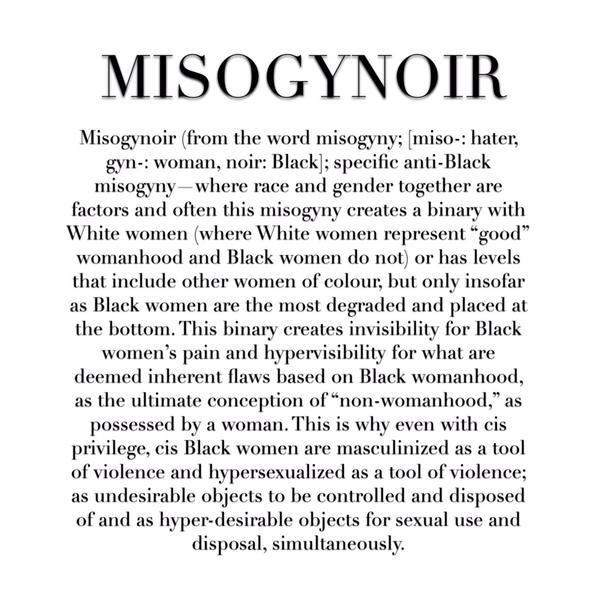

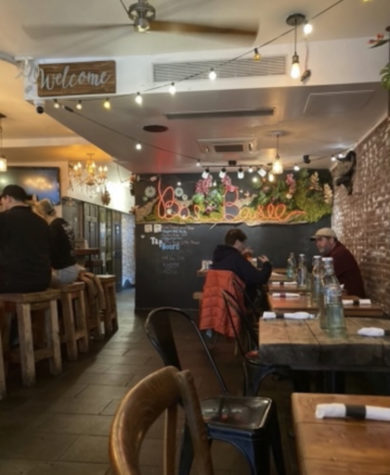


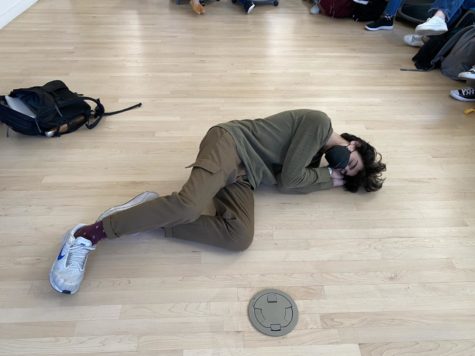
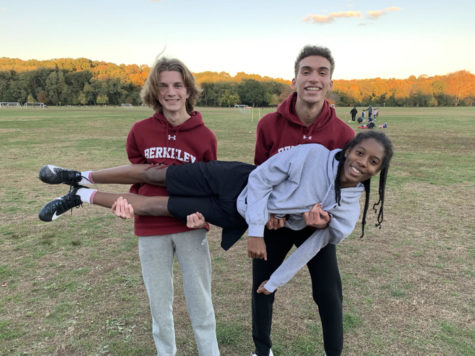

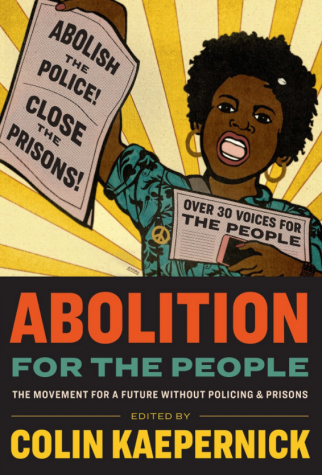
Mr. Leong • Nov 22, 2019 at 1:15 pm
Great post, Asa! I hope this will start a larger discussion!